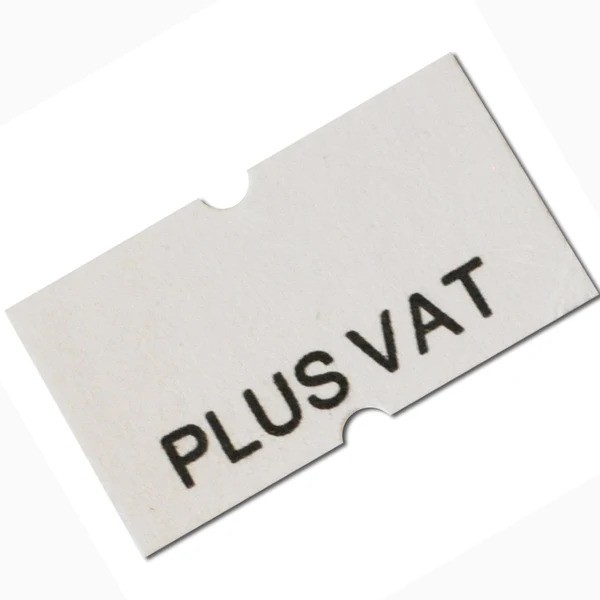Choosing the proper structure is crucial for managing taxes, liabilities, and overall operations in business. Two common structures are the limited company and the sole trader. A limited company is a separate legal entity from its owners, offering limited liability protection. This means that the owner’s assets are generally protected from business debts. A sole trader, on the other hand, is a more straightforward structure where the individual is the business. No legal distinction between the owner and the company makes the owner personally liable for any debts or obligations.
The Possibility of Being Both
You might wonder if you can simultaneously operate as a limited company and a sole trader. The answer is yes, and it is entirely possible to have both. However, there are specific considerations and legal requirements you must adhere to.
Benefits of Operating Both Structures
- Diversification of Risk: By running a limited company and a sole trader business, you can diversify your income sources and spread the risk. If one venture faces challenges, the other may still be profitable.
- Tax Efficiency: Depending on your income level and business expenses, having both structures can provide tax planning and optimization opportunities. For instance, a limited company can offer more tax-efficient ways to pay yourself through dividends.
- Separate Financial Management: Operating both allows you to keep the finances of each business separate. This can make accounting and financial management more accessible and more organized.
Key Considerations
- Legal and Financial Responsibilities: As a sole trader, you are personally liable for all business debts. In contrast, a limited company offers limited liability. However, as the director of a limited company, you have specific legal and financial responsibilities. It’s essential to understand the obligations of each structure and manage them accordingly.
- Tax Implications: Running both structures means dealing with two tax regulations. You must file separate tax returns: one for your sole trader income and another for your limited company’s profits. Understanding the tax implications and seeking professional advice can help you optimize your tax situation.
- Branding and Marketing: If you run both businesses under different names, it can be challenging to maintain a cohesive brand image. It’s crucial to have a clear marketing strategy for each entity to ensure clarity among clients and customers.
Practical Steps to Set Up Both Structures
- Registering a Limited Company: To set up a limited company, you must register with the appropriate regulatory body in your country (such as Companies House in the UK). You’ll need a unique company name, one director, and a registered office address.
- Operating as a Sole Trader: As a sole trader, you must register with the tax authorities and keep accurate records of your income and expenses. You may also need to register for VAT if your turnover exceeds a certain threshold.
- Separate Bank Accounts: Maintaining separate bank accounts for your limited company and sole trader activities is advisable. This will help keep your finances organized and make it easier to manage your accounts.
Conclusion
While it is possible to operate as both a limited company and a sole trader simultaneously, it’s essential to understand the responsibilities, legal requirements, and potential benefits of each structure. By carefully considering these factors and seeking professional advice, you can successfully manage both business entities and take advantage of the unique benefits they offer. Whether you’re looking to diversify your income, optimize your tax situation, or explore different business opportunities, having both a limited company and a sole trader status can provide you with the flexibility and security to achieve your business goals. Professional advice can give you the confidence to make informed decisions about your business operations.






